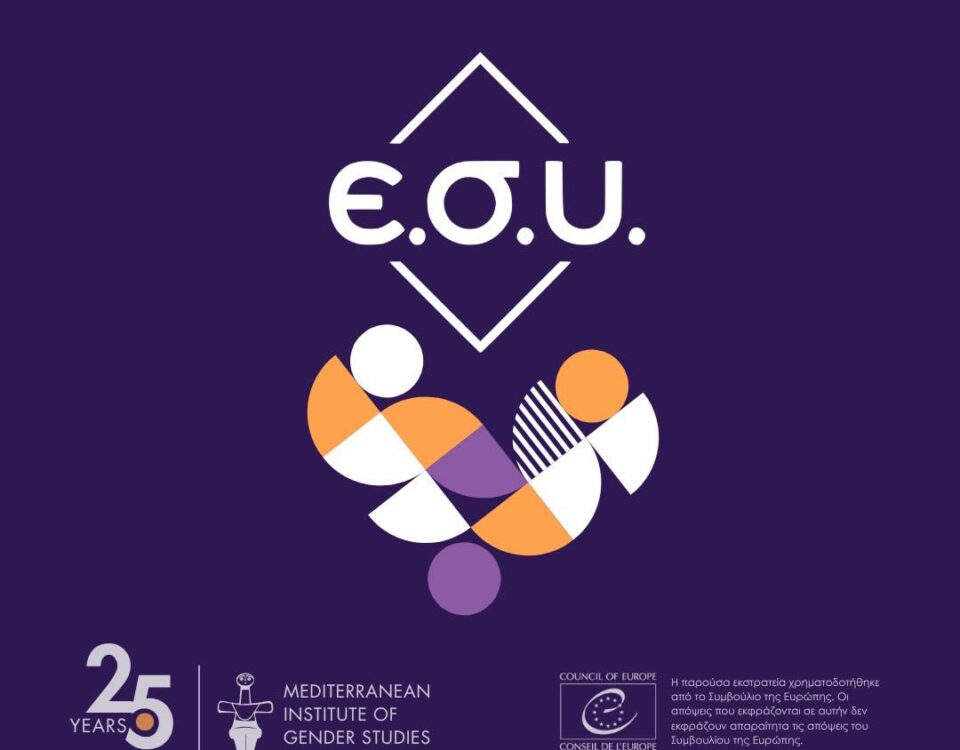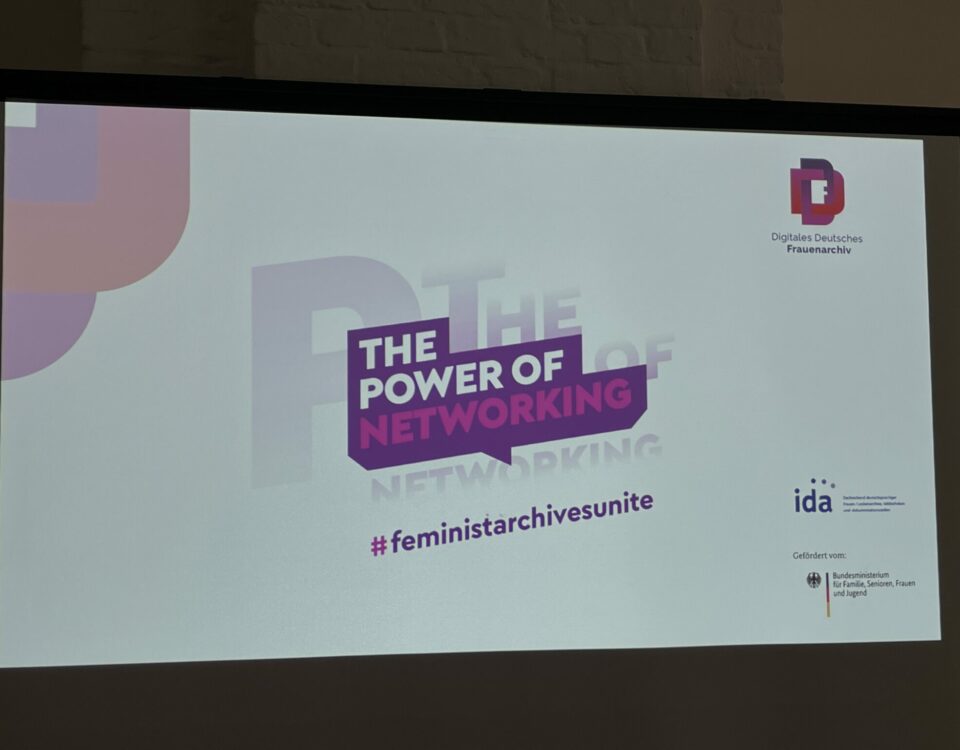Youth4Youth Peer Education Training Workshops

Youth4Youth Final Conference and Workshop
April 23, 2013
No more excuses. Gender Equality after the EU Elections: what’s next?
July 23, 2014Within the framework of the Youth4Youth project aiming to prevent and combat gender-based violence among adolescents, a number of peer education training workshops were implemented in both public and private secondary education schools in Cyprus, Greece, Italy, Lithuania, and Spain. The project developed and promoted the peer education methodology as a tool to empower young people to become actively involved in developing an environment free from violence for themselves as well as for their peers. The project was implemented using a gender equality and rights based approach.
Specifically, the Youth4Youth training programme provides adolescents with a safe space to:
•explore their attitudes towards GBV
•understand the relationships between gender stereotypes, gender inequality and GBV
•reassess their tolerance towards GBV
•empower them with the skills, knowledge and confidence needed in order to become actively involved, as agents of peers’ change, in developing an environment free from violence both for themselves and their peers.
Moreover, Youth4Youth aims to promote the role of schools and other formal and/or informal educational settings in the prevention of GBV among young people and in the promotion of romantic relationships based on respect and equality, as well as in contributing to policy development on a national and EU level.
The Youth4Youth programme targeted young people aged 15-18 years old and reached over 350 students across Europe that took part in the Youth4Youth awareness-raising and training sessions, 200 of whom volunteered to become peer educators and successfully deliveredtraining to over 1000 of their peers in their respective schools.
Youth4Youth is proven to be effective in increasing young people’s knowledge and understanding about gender norms and gender-based violence. The comparison of pre- and post- questionnaires completed by young people who participated in the programme demonstrated a shift in young people’s attitudes and tolerance towards inequality and abuse:
•Young people welcomed the opportunity to explore issues that are not usually discussed in schools or non-formal education settings.
•They became more aware of the different forms of gender based violence and were able to recognise it
•Their knowledge about gender norms and how they affect their lives was greatly increased,
•They gained greater confidence to express their individuality and demand respect for who they are and at the same time committed to respect others equally.
•The young people who volunteered as peer educators felt they had gained greater confidence in their skills as facilitators and were proud of the fact that they were actively making a difference in their communities.
•They enjoyed the opportunity to express their opinions, to develop their communication skills and exchange ideas with their peers.
Full reports on the evaluation of the Youth4Youth training workshops in the partner countries can be found here
Blog – 26/4/2013




